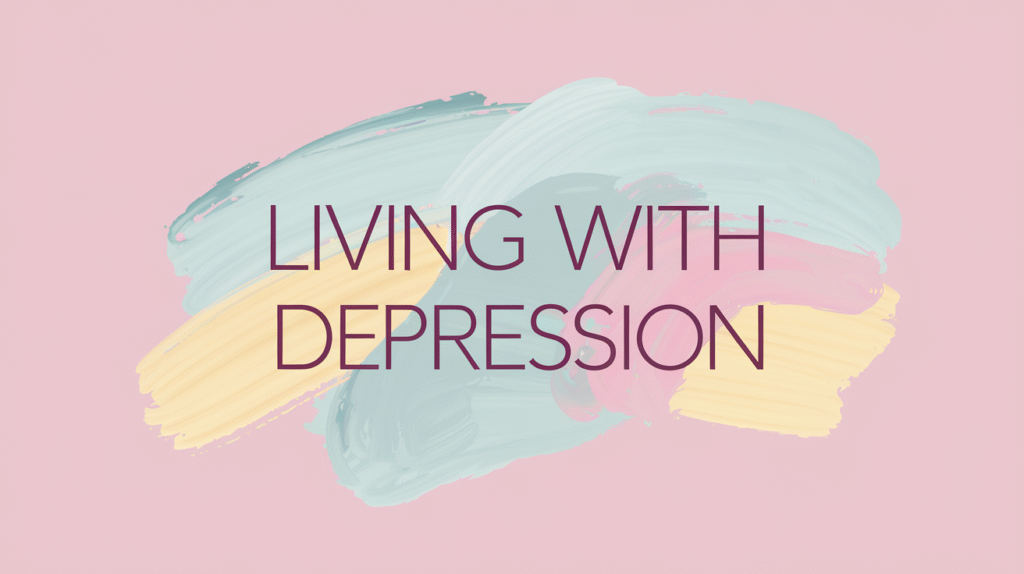
Emotional Footprints: How We Make Others Feel Matters Most
Maya Angelou once said, “People will forget what you said, people will forget what you did, but people will never forget how you made them feel.” That one sentence carries the weight of a thousand conversations, relationships, and memories. It speaks to something deeper than actions or words—it speaks to impact. Like the lingering notes of a song long after the music stops, emotions last. The way we make others feel becomes the echo we leave behind. These emotional imprints—our emotional footprints—shape how we’re remembered, how trust is built, and how relationships grow or fall apart.
We live in a world full of words and fast interactions, but emotional connection is what really leaves a mark. You may not recall the details of a conversation from years ago, but you’ll remember the teacher who made you feel seen. You might forget the advice someone gave, but not the warmth they offered when you were struggling. Feelings stay with us. This post is a reminder that in every interaction, we have the power to leave behind something meaningful. Not perfection, but presence. Not always answers, but empathy. And those things matter more than we often realize.
Teaching with Heart: The Feeling That Stays
In education, the facts we memorize often fade over time. We may not remember every math formula or grammar rule, but we remember how a teacher made us feel. We remember the encouragement, the spark of curiosity, or even the kindness in the way they listened. A teacher’s emotional energy creates a learning environment that can either build confidence or erode it. That feeling of being supported or believed in stays far longer than the lessons on the board.
A classroom is more than a place for academic growth—it’s a space where students learn about trust, identity, and worth. When a student feels safe, they’re more willing to ask questions, explore, and take risks. When they feel judged or dismissed, learning becomes stressful or even traumatic. This shows that education is never just about content. It’s about connection. And that emotional imprint can shape a young person’s view of themselves for life.
Leadership Through Emotion, Not Just Strategy
In leadership—whether at work, in community spaces, or within families—what we do or say matters, but how we lead emotionally matters more. A leader can give orders, set goals, or accomplish impressive things, but if their presence feels cold, dismissive, or disconnected, people won’t follow for long. On the other hand, a leader who leads with empathy, understanding, and emotional intelligence can inspire lasting loyalty.
People remember the tone of your voice when they made a mistake. They remember whether you stood beside them during a hard time or made them feel small. Emotional intelligence in leadership isn’t just a “nice to have”—it’s essential. It builds trust, fosters communication, and encourages people to do their best, not out of fear, but because they feel respected and valued. That emotional foundation outlives deadlines and metrics. It’s what keeps people coming back—and what earns true respect.
Personal Growth Begins with Emotional Connection
We often think of personal growth as something tied to motivation or discipline. But behind every big breakthrough is often someone who believed in us when we didn’t. The emotional support of a coach, therapist, friend, or mentor often leaves a deeper impact than any advice they give. The feeling of being encouraged, seen, or challenged in a compassionate way often stays with us for years.
Personal growth requires vulnerability, and people are more willing to grow when they feel emotionally safe. Being told “you can do this” or “I believe in you” isn’t just cliché—it’s powerful when it comes from someone who’s emotionally present. These experiences teach us to trust ourselves and take risks. Over time, we begin to internalize those feelings, turning someone else’s belief into our own. That’s how emotional support becomes a permanent part of our growth.
Compassion in Healthcare Changes Everything
In healthcare, the emotional tone of a moment can deeply shape a patient’s experience. A diagnosis can be delivered coldly or with compassion—and those two approaches can leave entirely different impressions. When a doctor or nurse takes the time to listen, explain, and offer empathy, patients feel more than treated—they feel cared for. And that emotional comfort can make a difficult process feel more manageable.
For many, the fear surrounding medical care isn’t just about illness—it’s about being dismissed or not taken seriously. That’s why compassion in healthcare isn’t optional. It builds trust, improves communication, and can even lead to better health outcomes. People may forget the exact wording of what they were told, but they will remember whether they felt respected, safe, and understood during one of the most vulnerable times in their life.
Emotion in Advertising and Storytelling
Even outside personal relationships, emotions matter. Think about your favorite commercials or songs—they stick with you because of how they made you feel. You may not remember every detail of a brand’s message, but you remember laughing, crying, or feeling inspired. That’s emotional connection at work. It’s not manipulation—it’s resonance. When something makes us feel, we’re more likely to trust it, remember it, and talk about it.
The best storytelling, whether in marketing or media, starts with emotional honesty. It taps into real fears, hopes, and dreams. It creates a bond with the audience not through facts alone, but through shared experience. And that emotional link has the power to move people—not just to buy something, but to believe in something. Emotion turns content into connection.
Community Begins with Kindness
In service work—volunteering, advocacy, support groups—it’s not always about the task itself. It’s about the way you show up. A warm smile, a gentle tone, or a simple gesture of care can mean more to someone than anything material. People in crisis may not remember exactly what you gave them, but they’ll remember if you treated them with dignity. That emotional footprint is often what gives them strength to keep going.
Community isn’t just about being physically present—it’s about being emotionally available. It’s about holding space for someone else’s pain without needing to fix it. When we build connections on empathy, we create belonging. And when people feel like they belong, they’re more likely to participate, to heal, and to pass that kindness on. That’s how emotional footprints ripple outward—through acts of compassion that multiply far beyond the moment.
The Everyday Impact of Small Gestures
We don’t always realize how much influence we have in daily life. A kind comment to a stranger, a genuine “how are you?” to a coworker, or a hug to a grieving friend can change the course of someone’s day. The smallest gestures can leave the deepest marks. That’s because what we do emotionally is often remembered more than what we say logically.
You don’t have to fix someone’s life to matter. You just have to show up in ways that feel safe, kind, and real. Whether you’re offering a listening ear, sharing space with someone who’s hurting, or simply showing patience instead of judgment, those small actions stack up. They create trust. They shape relationships. They let people know they’re not alone.
Family and Memory: Feeling Safe and Loved
Our earliest emotional memories often come from family. We may forget most of the things our parents or caregivers said, but we remember how they made us feel. Were we safe? Valued? Listened to? Or were we afraid, dismissed, or judged? These early emotional footprints shape our sense of self and our ability to connect with others later in life.
Positive emotional experiences—like bedtime stories, shared laughter, or quiet moments of support—become the foundation for self-worth. When children feel emotionally safe, they grow into adults who trust themselves and others more easily. And when those emotional needs are unmet, healing becomes part of adulthood. Either way, the emotional tone of our earliest relationships carries forward, and it’s never too late to create healthier emotional patterns now.
Leaving a Legacy That Lasts
As we wrap up this reflection on emotional impact, it’s clear that our true legacy isn’t measured by what we say or even what we do—it’s defined by how we make others feel. Just like a favorite song can linger in your mind long after the music fades, the emotional impressions we leave behind echo through the lives of those we touch. Whether it’s a kind gesture, a listening ear, or simply showing up when it matters, our feelings and actions become emotional footprints that mark the paths of others in meaningful, lasting ways.
Every conversation, every interaction, every shared silence has the potential to plant something in another person’s life. And while we may forget the details of what was said, the feeling stays. That warmth, that connection, that empathy—those are the real stories people remember. We each have the power to shape the emotional atmosphere around us, and in doing so, we shape how we are remembered.
What kind of emotional legacy are you creating today? How do you want others to feel after spending time with you? Have there been moments when someone’s presence left a lasting impact on your spirit? Reflecting on these questions can guide us toward living with more intention, compassion, and awareness.
So as you go back into the rhythm of your daily life, remember: your emotional footprint is your true signature. Leave one that feels like a favorite chorus—one that lifts, comforts, and stays with others long after you’ve walked away.



